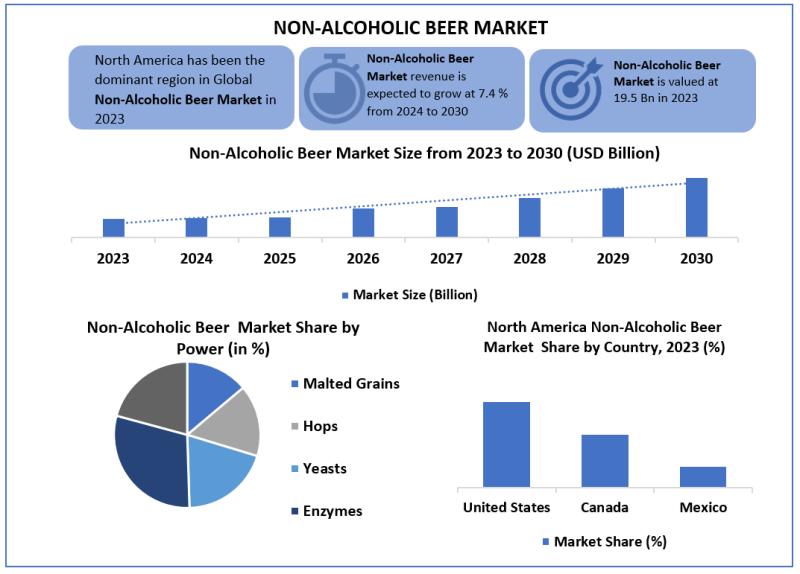The European In Vitro Fertilisation (IVF) services market is experiencing a surge, with its value estimated at £975 million in 2023. This sector is projected to grow at a compound annual growth rate (CAGR) of 13.35%, reaching almost £2.34 billion by 2030.
Increasing Demand for Fertility Treatments Drives Growth
IVF, a procedure that assists couples facing infertility in conceiving a child, is driving this robust market growth. The demand for IVF, alongside genetic testing, reproductive tissue storage and donor services, is particularly strong in countries like the UK, Germany and France.
Factors Contributing to Increased Demand
Several factors are contributing to the rising demand for IVF services across Europe:
Rising Infertility Rates: More than 25 million people in Europe struggle with infertility, with increasing maternal age and declining egg quality being significant contributors.
Male Infertility Issues: Male infertility concerns, such as low sperm count, also play a crucial role in the market's growth.
Awareness and Technological Advancements: Awareness of IVF as a viable treatment option is high, with 19.9% of European respondents expressing strong understanding of the process. Technological advancements in IVF treatments are also contributing to the market's expansion.
Challenges Faced by the European IVF Market
Despite its impressive growth, the European IVF services market faces several challenges:
High Cost of Treatment: IVF is a time-consuming and expensive process, posing a significant barrier for many potential patients.
Emotional Strain: The IVF journey can be emotionally taxing, impacting patients' lives across marital, social, physical, emotional, financial and religious dimensions.
Regional Insights: UK Leading the Way
The UK holds a significant share of the European IVF services market, and this dominance is expected to continue. However, access to fertility treatments, including cost and reimbursement structures, varies across Europe.
While IVF is widely accessible, countries like Poland grapple with controversy surrounding its legitimacy. France, facing a steady decline in births, highlights the growing need for fertility treatments. Meanwhile, Denmark, with its generous national fertility benefits, boasts a high proportion of babies born through assisted reproduction.
Market Segmentation and Key Players
The European IVF services market is segmented by cycle type (fresh, thawed, donor egg) and end user (fertility clinics, hospitals, surgical centres, clinical research institutes). Key players in the market include:
Merck KGaA (Germany)
Cook Medical (Ireland)
Irvine Scientific (UK)
Vitrolife AB (Sweden)
Institut Marquès (Spain)
IVI-RMA Global (Spain)
Bourn Hall Clinic (UK)
Care Fertility (UK)
Groupe Clinique Belledonne (France)
Fertility Center Berlin (Germany)
ReproMed Ireland (Ireland)
Unita (Italy)
EUGIN Group (Spain)
Fertility Partnership (UK)
The Future of IVF in Europe
The European IVF services market is poised for continued growth, driven by rising infertility rates, increased awareness, technological advancements and a growing focus on reproductive health. However, addressing the challenges of cost and emotional strain will be crucial to ensuring accessibility and affordability for all.

